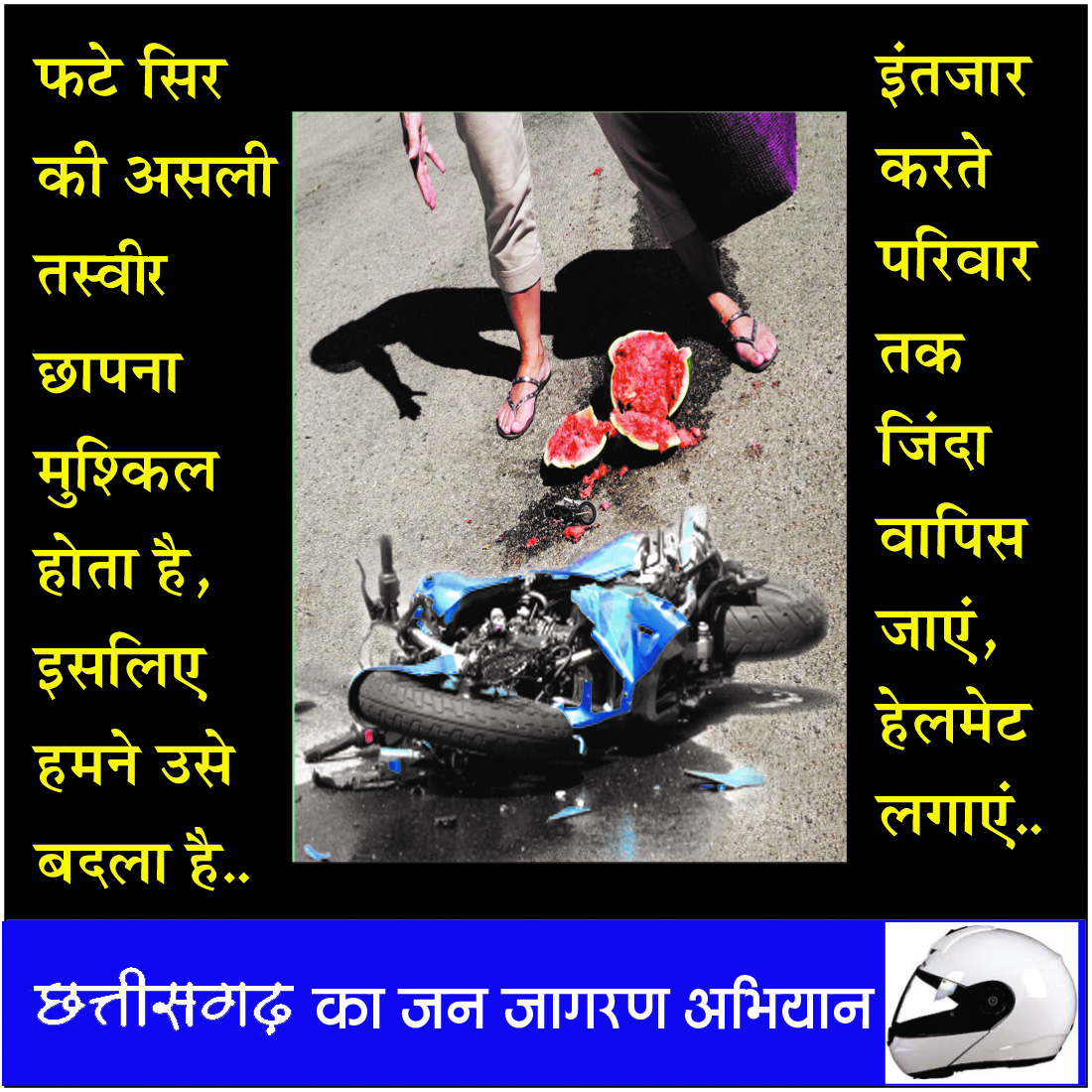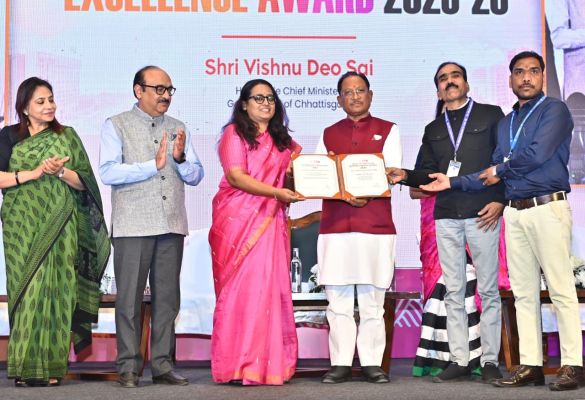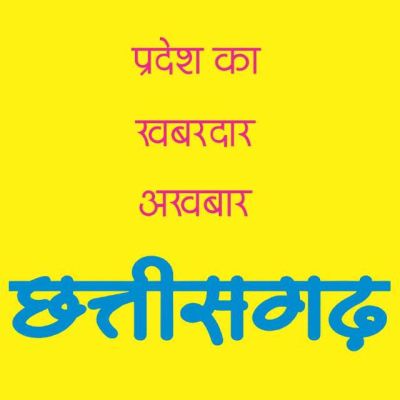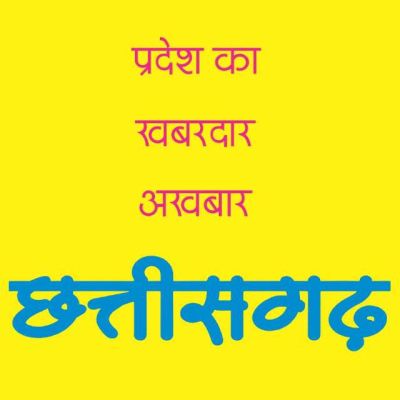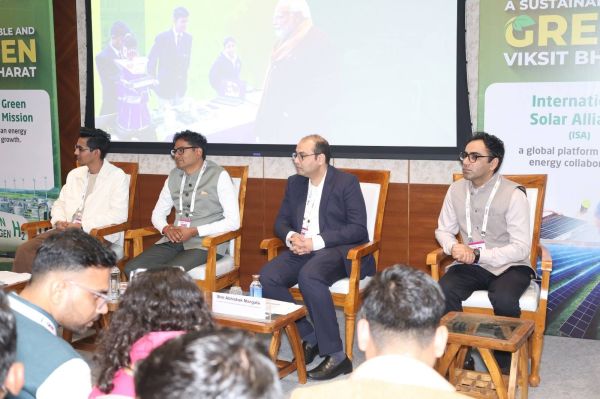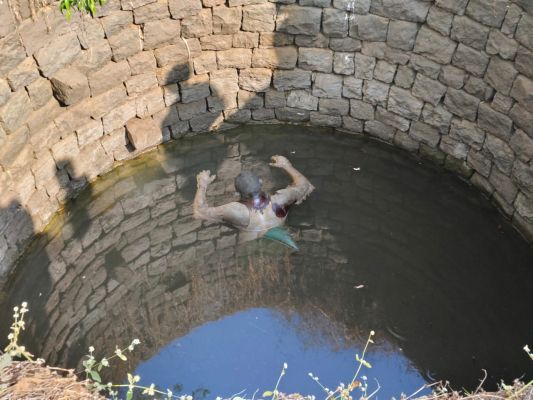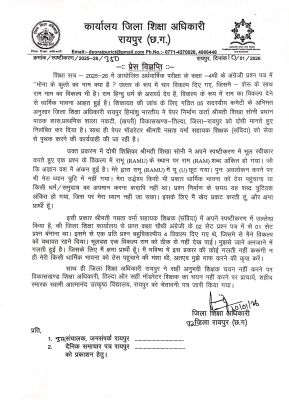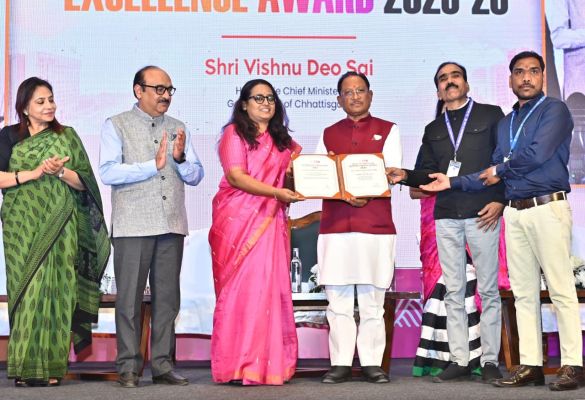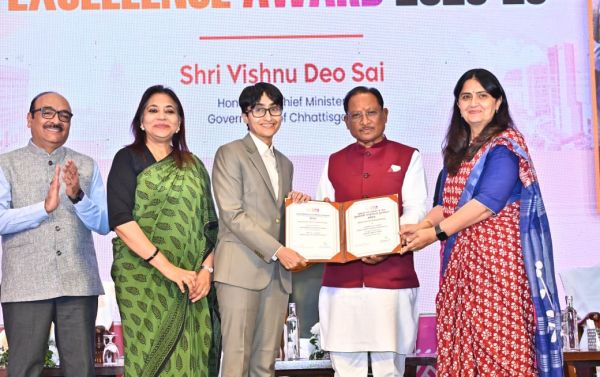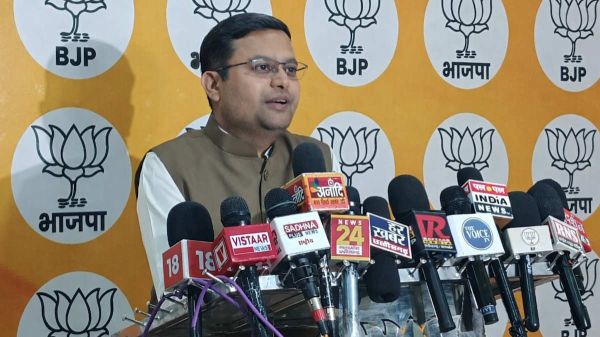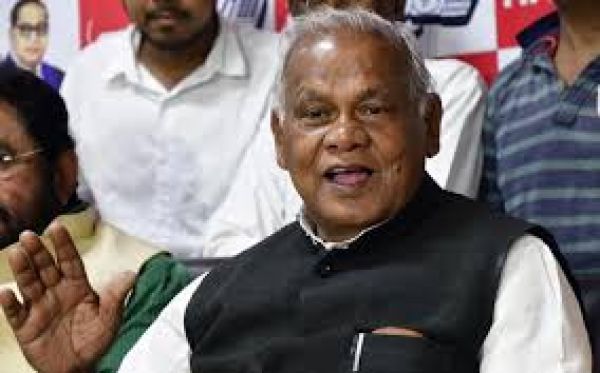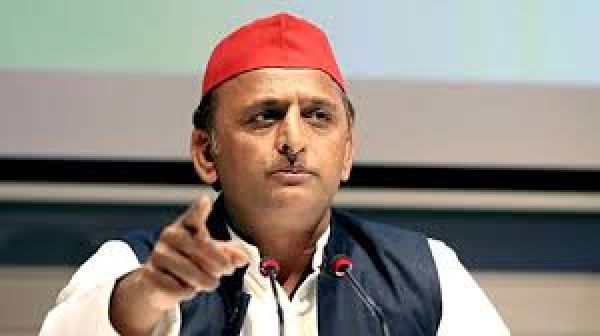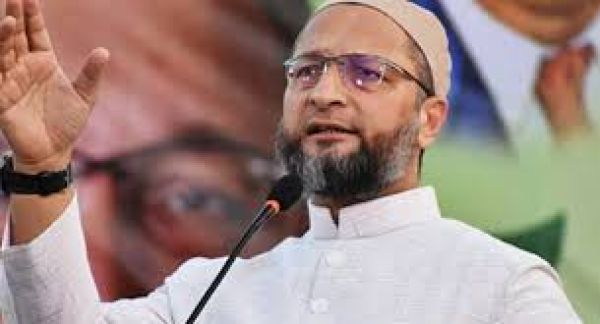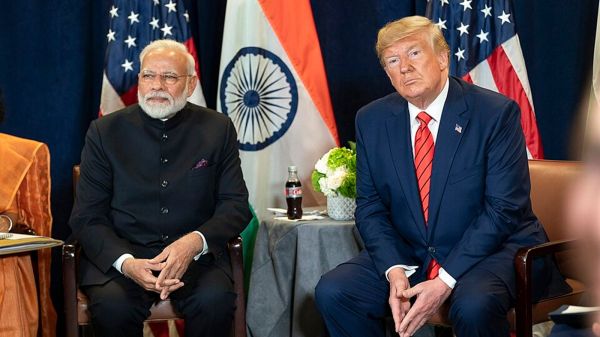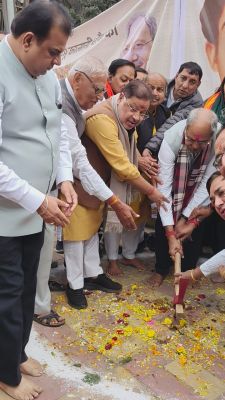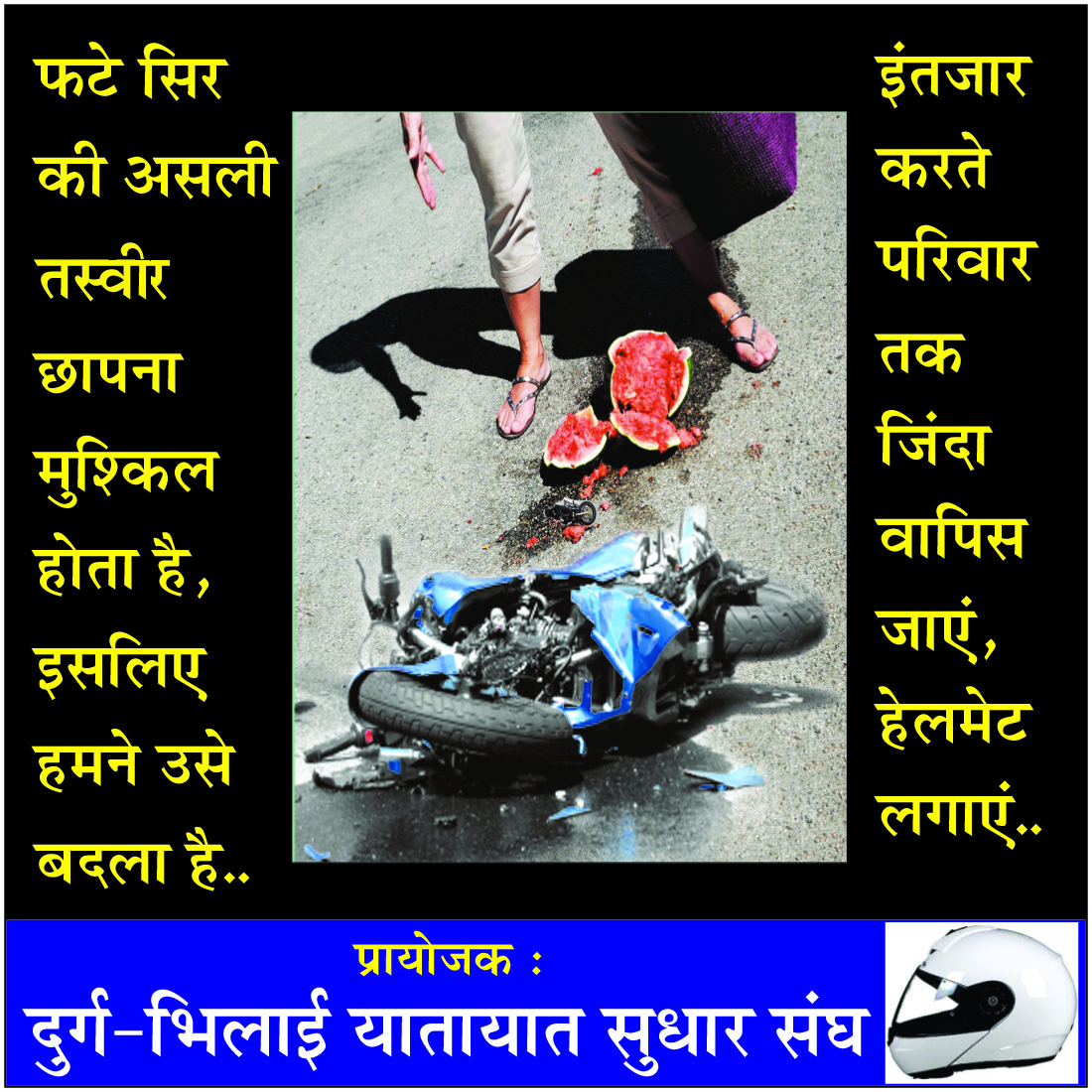ताजा खबर

By Twinkle Khanna
If my father hoped for a boy as his firstborn, I was never told. All I know is what he said to my mother: That I was the best present she could have ever given him as I entered the world, feet first, on his 31st birthday.
He always called me Tina baba, never baby, and though I didn’t realise it at that point, my upbringing was different from all the other young girls around me. The restrictions drawn around their adolescence did not define mine. The permanent marker, one that would later be passed onto their husbands, to enforce the circle of captivity did not exist in my case.
He was the one who gave me my first sip of alcohol, Scotch on the rocks in a glass too heavy for my hand. I was permitted to peer into the living room with its shaggy white carpet and its bejewelled people. The light from the chandelier was diffused by the smoke that enveloped the room like a diaphanous veil, then the epitome of liberated sophistication.
Dunhill, it said on the strewn-around cartons, the colour of congealing blood, their value further enhanced, because like the chocolates and the biscuits, it was all ‘imported.’ Cancer was not in our lexicon then, let alone emblazoned on the packets to dampen their beguilement.
There was an assortment of people that drifted in and out of my house, and my life.
Nothing was shielded and everything explained, one way or the other.
I got tips on how to improve my eyesight from a choreographer’s mistress, a wiry middle-aged woman with burnished wavy hair and long sleeve blouses, her failed attempts at suicide covered by floral handkerchiefs tied around her wrists. I stole cheese from platters meant for renowned musicians as they hummed their new compositions. An assortment of writers, filmmakers and artists would saunter in and out, all part of his nightly durbars.
He always had time for us though. Each night he would come to our bedroom, wearing a striped nightshirt with ‘I love San Francisco’ embroidered over the front pocket. “Good night, sweet dreams, love you, miss you,” he would say. My sister and I would repeat the same. A nightly ritual that never changed, not the words or the sequence in which they were said.
Our summers were spent in Kashmir and I can’t recall what we did in the winters, but I do remember our birthdays.
I would sit on the stairs; the December air sometimes cool enough to wear a sweater and watch the trucks filled with flowers entering the gate. They were of course, for him, but all of eight, I thought they were for my birthday.
The seventies were a time when fathers were bystanders in the pursuit of parenting. A father was merely someone who stood in the wings, passing props — Hula Hoops and gleaming crowns — to the characters rushing on and off the stage, including the person in the main lead, the mother.
My father was the same. He didn’t help with homework or pack my snack dabba. Though unlike other parents, he always spoke to me like an equal.
When I started dating, we exchanged advice. He told me that he was looking for a partner who would lie down in his lap as they would read the same book together.
I laughed, “Dad, this is never going to happen. Your expectations are ridiculous. What if they read slower than you or want to take a break? Just find a decent woman who can tolerate your nonsense and that should be enough.”
He was equally sagacious with me, “Don’t have one boyfriend,’ he once said to me, “always have four at a time, that way your heart will never be broken.”
A suggestion that held me in good stead, though I never told him that the only man who had the power to break my heart was my father.
A daughter needs her father’s presence in her life for many reasons. What she needs most is to know that she has someone to lean on, to depend upon, besides herself.
My father may not have been standing by my side, holding my hand through every stage of life, but somewhere deep inside, I knew that I could count on him.
When he looked at me, regardless of how angry he was, there was a singular reflection, one that never faltered — his complete belief in me.
He may have accused me on multiple occasions of being ‘over-smart’ but never once did he make me feel dumb.
He was a brilliant man, bright, articulate, but not particularly easy to deal with. We argued over innumerable things. I had inherited his rosy cheeks, his crinkling eyes, his weak ankles and boy, his fiery temper. We were both readers and though I could discuss Shakespeare with him, I was never sure if he was the King Lear to my Cordelia or the Atticus Finch to my Scout.
In the end, it didn’t matter. Nothing did. A laundry list of complaints on two sides of the same page, washed away by the most brutal of all erasers, death.
It was only after he was gone that I heard from all his friends how he would show them my poetry. He would tell them that I would be a writer someday. He said I was his favourite, his son.
For a man of that generation, where gender was not a social construct but an entire identity, a son more than anything else, meant someone capable, someone worthy of being relied upon, perhaps in his mind, there could not have been a finer compliment.
Loss is not a constant ache, nor does it come equipped with a full stop.
It lives between pauses and emerges at unexpected moments. Sometimes it’s a song on the radio or when I am applying kohl and I see his eyes, under the same arched brows staring out of my reflection.
It is lurking within every birthday when I wake up in excitement before my heart sinks. The man who loved words, always used them in a precise order. These things could not be tampered with, replaced or changed. Just the way he didn’t like anyone moving his books, glasses and packets of Dunhill.
Year after year, he said the same thing. Something that no one else can ever say again, “Happy birthday to you too, Tina baba.”
Father’s Day may be this Sunday, but for me it will always be in December.
